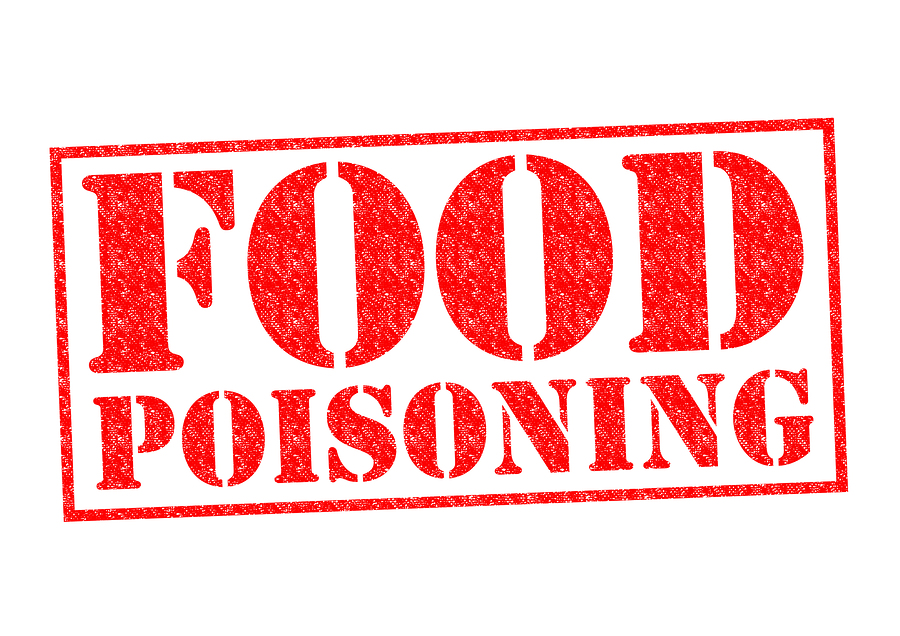Did you know that every year 351,000 people die of food poisoning globally? I recall eating a very fancy meal some time back, falling ill and then being diagnosed of food poisoning. I was surprised because the meal was very fancy and I never thought it could have been infected. The year is running to an end, there are lots of celebration going on everywhere, people rounding up their activities for the year and preparing for the next year. This season is often accompanied by lots of eating and drinking, hence it is important to know how to tread carefully understanding the fact that fancy food is not equivalent to safe food.
Food poisoning otherwise known as foodborne disease is an illness caused by eating toxic, contaminated, or spoiled food. It is very common and although it is not always life-threatening, some people actually still lose their lives to it as seen from the statistics above.
Food poisoning is often characterized by vomiting, stooling, stomach aches and abdominal cramps, tiredness and weakness, rise in body temperature, mild fever, and general discomfort.
Food poisoning can occur at any stage of food processing, from the planting, to the harvesting to processing, to packaging and consumption. It is mostly associated with raw food. This is because the heat from cooking is supposed to kill the micro-organisms that may cause contamination and even when food is not properly cooked, it may still be at risk of contamination. Another source of food poisoning can be from the water used for preparation of the meal or from unwashed hands. The major causes of food poisoning are from viral and bacterial contaminations and from parasitic activities. The peculiarity of the illness in this case is dependent on the type of virus, bacteria that is involved. Foodborne diseases can also occur due to chemical toxins from food processing and packaging. Lack of proper food storage also makes food vulnerable to contamination through food spoilage.
Most of the time, after a few days and with proper care, the infected party should better. A lot of people typically manage and treat food poisoning at home.
For home remedies: Quit consumption of food and water for few hours, then gradually begin consumption of food to replace lost nutrients, firstly by ensuring the body remains hydrated by taking lots of water and fluids. The person can start taking food substances again, little portions at a time. Alcohol, caffeine and personal allergens should be avoided at this time. The person should also rest adequately and avoid preparing meals for others to eat, the fellow should also maintain good hygiene especially in the bathroom and kitchen areas to avoid spread of infection.
Infected parties such as pregnant people, people with weak immune system, and people above the age of 60 may also make use of oral rehydration solution, this is to help substitute for lost nutrients and body fluids. They are available at local drug stores.
However, if these symptoms are severe and there is no noticeable improvement after few days, then the affected party should seek immediate medical attention. If pregnant or elderly (over the age of 60), It is advisable to see a doctor for immediate adequate treatment.
General Prevention tips:
Avoid eating raw meat, eggs, fish and other animal-derived food.
Wash hands thoroughly with soap and water after using the restroom when coking or eating.
Be careful of canned meals: Ensure they are properly sealed.
Avoid expired food, and drinks.
If you must eat any fruit and vegetable raw, be sure to wash them thoroughly.
Refrigerate properly and ensure your food storage is done adequately.
Pay special attention when eating out. It is advisable to eat at places with good reputation when it comes to safe food.
Written by: Paul Ozioma

No comments:
Post a Comment